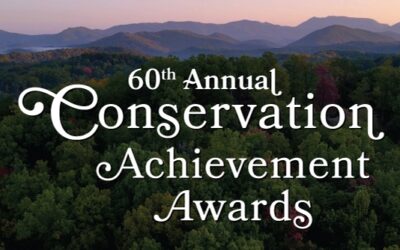For nearly five decades, the nation’s waterways have been protected by the federal government under the Clean Water Act.
Established in 1972, the Clean Water Act gives the federal government the power to set requirements and issue permits that limit the amount of harmful pollutants discharged into our waters.
But how some of our waters are being protected has changed. Specifically, how the government protects groundwater and isolated wetlands has been a point of contention for years, and is now the focus of a revision in federal water protection rules.
Many Tennesseans, including those in West Tennessee and the greater Memphis area, get their drinking water from groundwater.
So, controlling how much pesticide and other chemicals that end up in that water is important for public health and the management of the natural resource.
And though isolated wetlands are disconnected hydrologically from other water sources, such as streams or tributaries, they are considered rare and are essential to a number of wildlife and aquatic species.
“Tennessee’s Cedar Hill Swamp Wildlife Management Area is just one example of a public natural resource that is an isolated wetland.”
Michael Butler, Chief Executive Officer, Tennessee Wildlife Federation
The debate over how to properly apply the Clean Water Act to isolated wetlands and groundwater has been taking place since the mid-1980s, and includes multiple changes in federal Waters of the United States (WOTUS) rulemaking efforts, as well as a handful of U.S. Supreme Court cases.
The most recent change in WOTUS rulemaking was the implementation of the Navigable Waters Protection Rule in April of 2020. This new rule removes the federal government from regulating isolated wetlands and groundwater, and relies upon the states to regulate these water resources.
“Tennessee is bordered by eight states, so having the new WOTUS rule remove federal protections requires our neighboring states to make sure they are adequately protecting their isolated wetlands and groundwater. It also means Tennessee’s state protections must be upheld and proven effective to ensure the conservation of these water resources,” said Michael.
The Federation is watching this situation closely so state protections aren’t weakened.
Your support makes it possible for us to monitor and influence both state and federal legislation.
Featured photo by Adam Whitman




